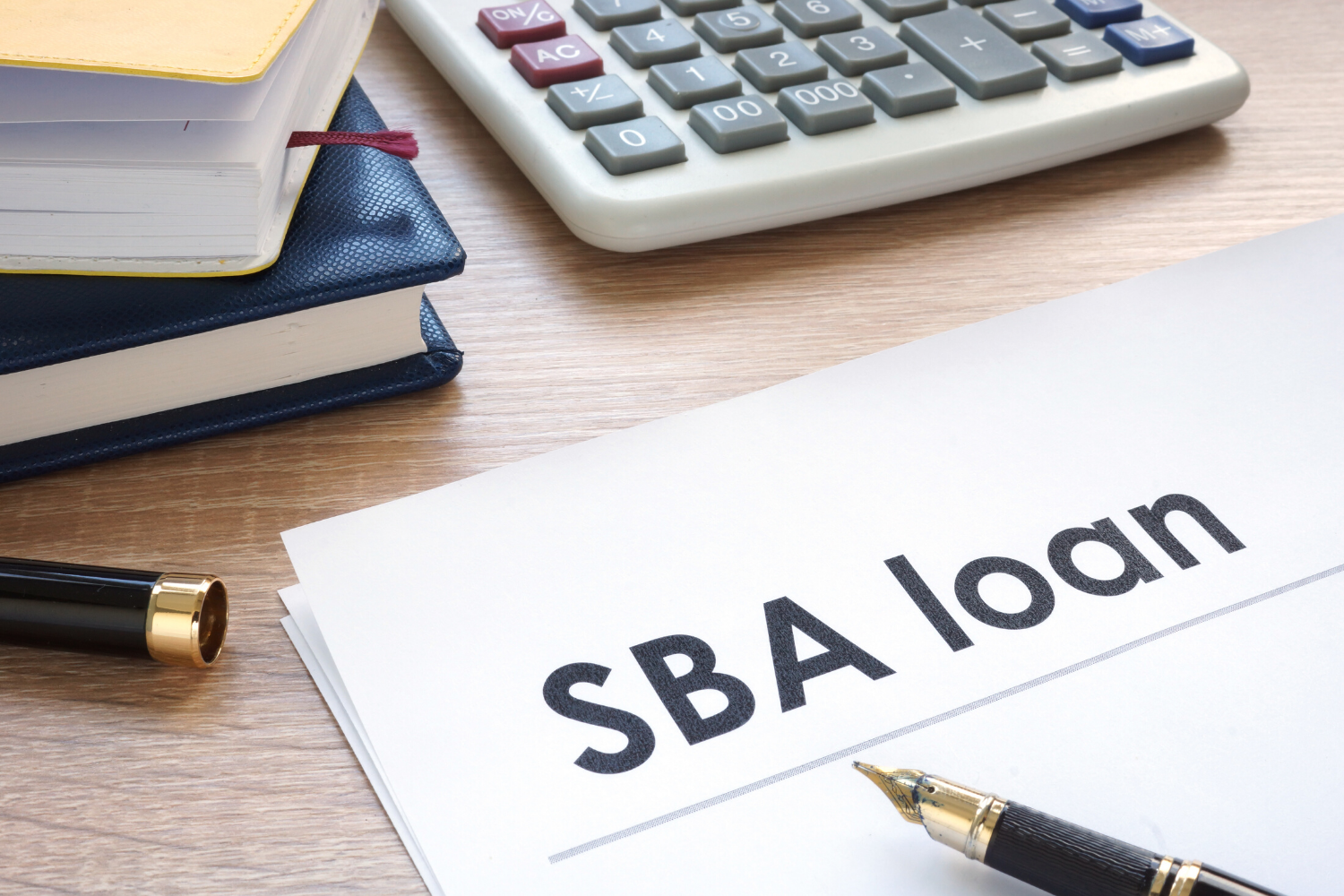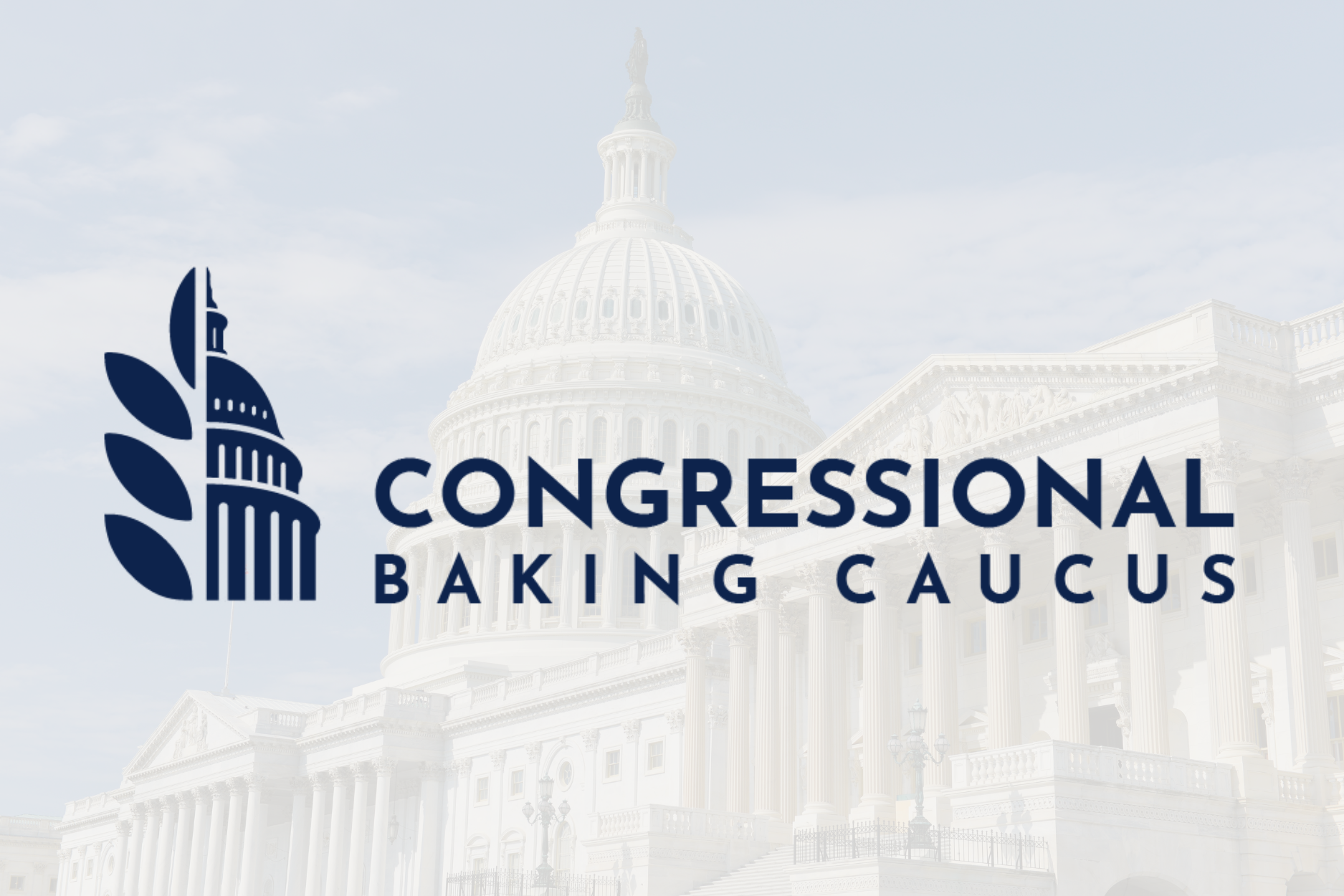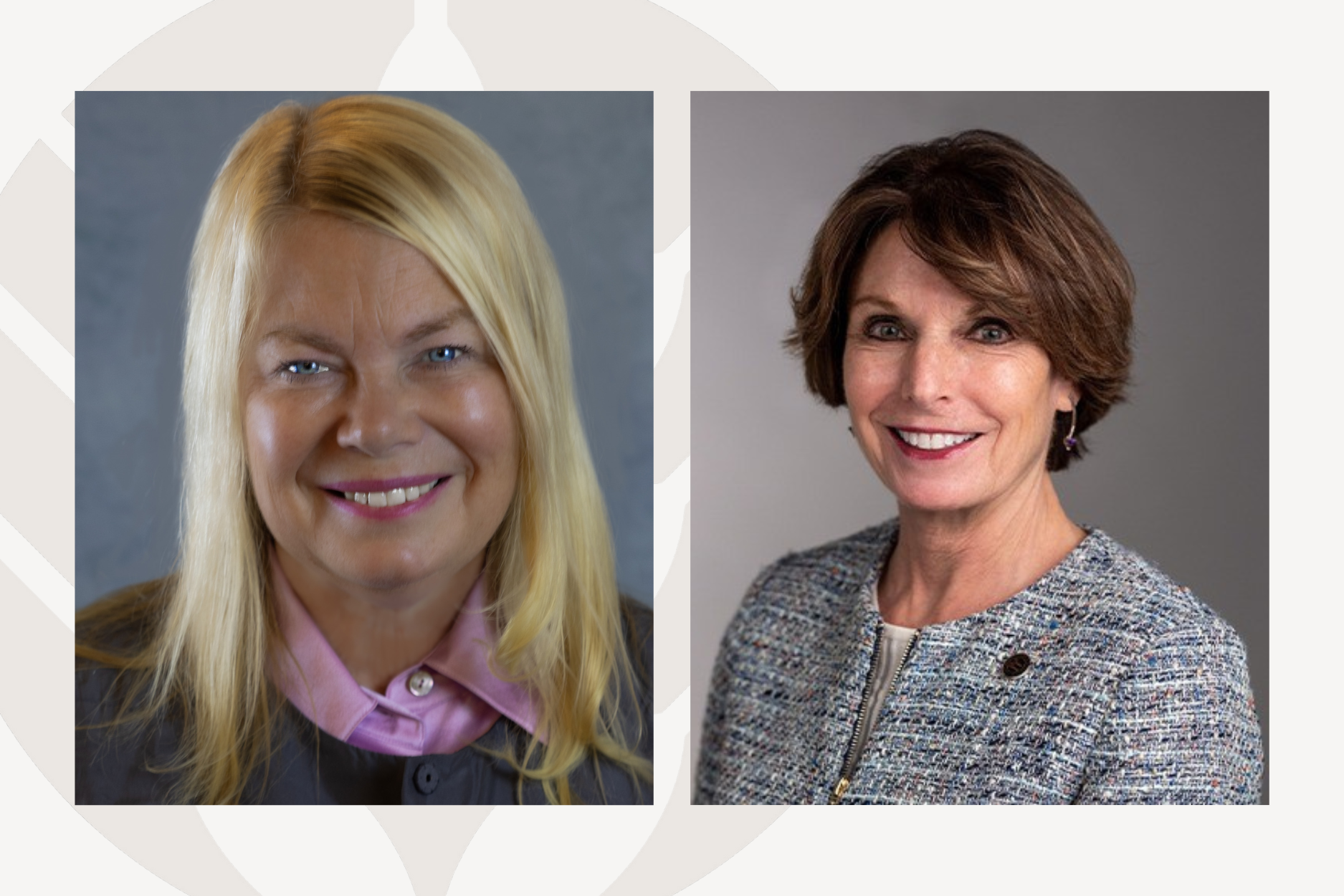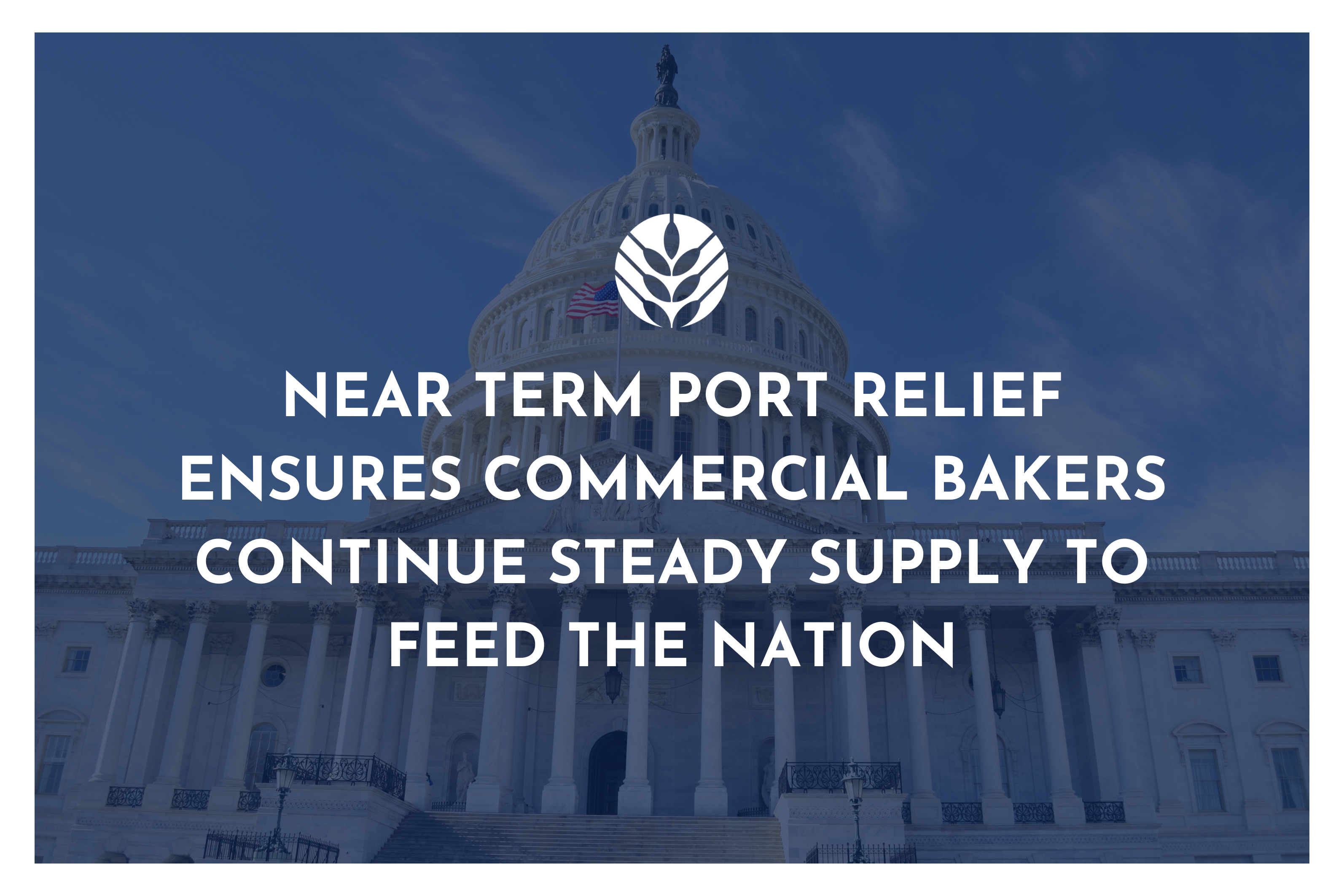Government loan programs emerging from the coronavirus crisis offer the baking industry important benefits, but also carry risks if not handled correctly.
That was a key message in an American Bakers Association webinar called “COVID-19 and The CARES Act: What Small Businesses Need to Know.” It covered the Paycheck Protection Program (PPP) for small businesses and the Main Street Lending Program for medium to large companies.
Access the Free Webinar Recording Here
Bakers need to make sure they understand the rules, make accurate statements in applying, and use funds correctly, according to presenters from the law firm of Morgan Lewis.
“We should absolutely anticipate the government will turn up the heat on enforcement,” said Raechel Kummer, a partner of the law firm, who also serves as ABA’s General Counsel. “We also anticipate that state attorney generals will be focused on enforcement efforts as well.”
Paycheck Protection Program Refunding
“The initial funding for the PPP was depleted as of April 16, but on Tuesday, April 21st, the Senate approved a coronavirus bill aimed at replenishing the exhausted Small Business Administration funding. The $484 billion package appropriates $380 billion to the SBA, $321 billion of which will go into funding Paycheck Protection Program (PPP) loans. The House passed that bill on Thursday, April 23rd,” Thursday, “ said Lee Sanders, ABA Senior Vice President, Government Relations and Public Affairs.
The definition of a small business for various bakery sector NAICS codes, for the purposes of the program are as follows.:
- Commercial bakeries: 1000 employees or less;
- Frozen cake, pies and other pastries manufacturing: 750 or less employees
- Cookie and cracker manufacturing: 1250 or less employees;
- Retail bakeries: 500 or less
The program is targeted to small businesses to help keep their workers employed. By maintaining employees on their payroll through the duration of the crisis, these small businesses can qualify for PPP loan forgiveness. The act is also retroactive, incentivizing small businesses to rehire employees that have recently been laid off. Seventy five percent of loan proceeds must be used for payroll costs.
Bakers were told to reconfirm their application status after the program is refunded, if they are already in the process of seeking a loan. The point is to make sure they don’t need to reapply.
“It’s absolutely essential to confirm that point with your lender,” said Ben Stango, an associate in the firm’s Corporate Business Transactions practice. “We know from experience with this program that we can’t rely on things working the way that we’d hope or expect. So it is very important to confirm that point with your lender and see where your application stands, and then explore your options.”
Focusing on Congressional Intent
The opportunity for forgiveness is a unique feature of the PPP program, emphasized Stango. However, forgiveness is based on meeting certain criteria, based on the intent of Congress, he said.
“The intent is to bring back or preserve the same number of employees at or near their salaries before the crisis,” Stango said.
Bakers can mitigate enforcement risks by using the funds appropriately, especially in the case of payroll.
Making the Correct Certifications
PPP loan applicants are also required to make good faith certifications, including the following:
- That the uncertainty of current economic conditions makes necessary the loan request to support the ongoing operations.
- That the funds will be used to retain workers and maintain payroll or make mortgage payments, lease payments, and utility payments.
- That the funds are needed for today’s circumstances.
Today’s circumstances means not seeking funds due to problems that developed due to circumstances before the pandemic, said Andrew Budreika, a partner at Morgan Lewis.
“Also, don’t look too far into future, where you’re doing just fine now, but maybe you think in six months things may be worse,” he said. “It has to be today’s circumstances.”
Main Street Lending Program Details
The Main Street program is for companies created or organized in the U.S. with significant operations in the U.S., that either employ 10,000 or less workers, or had $2.5 billion or less annual revenue in 2019. The loans have four year maturity, with principal and interest payments to be deferred for one year.
Borrowers are required to attest that they:
- Will make reasonable efforts to maintain payroll.
- Will refrain from using loan proceeds to repay other loan balances.
- Will not cancel any outstanding lines of credit.
- Will meet the applicable EBITDA leverage condition.
The webinar made clear that many questions about this program remain unanswered or need more clarification. They include:
- How will U.S. companies owned by foreign owners be treated?
- How is EBITDA calculated?
- Will borrowers be able to repay revolving credits in the normal course?
Bakers Urged to Follow Rules
Webinar speakers emphasized the “white collar risks and concerns” for borrowers.
“You need to be aware of the white collar risks in pursuing loans and other relief from the government,” said Kummer. “This is going to be particularly important if you are not a government contractor, and may be less familiar with the requirements for representations to the government.”
Running afoul of the rules can be considered felonies, such as for making false statements or defrauding the U.S. government.
“You need to mitigate your risks,” Kummer said. “Please do not fudge or stretch the facts about your company in an attempt to qualify for a government loan or in any other communications with the government. Be as consistent and transparent as possible in your communications and your documentation.”
This webinar is now available on ABA’s On-Demand Webinar Portal. There, you can find other past COVID-19 webinars as well.
For questions about accessing the webinar or for the partner discount code, please contact Sydney Langer.



